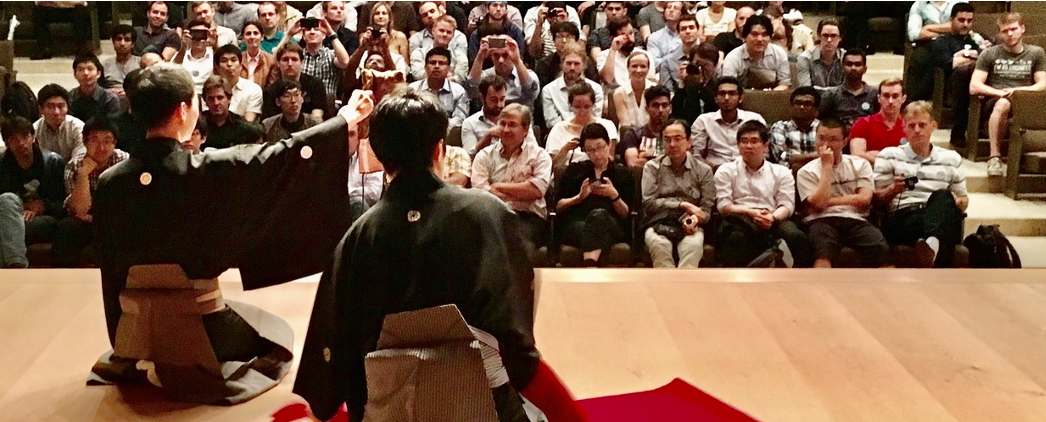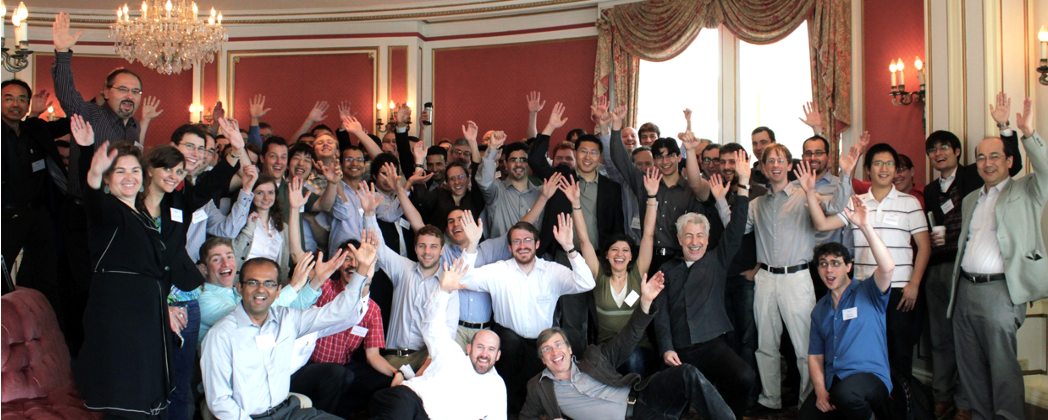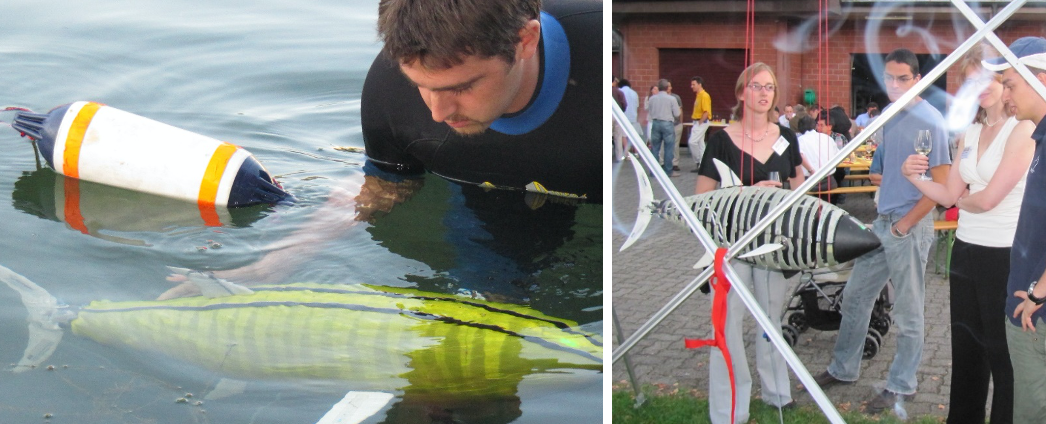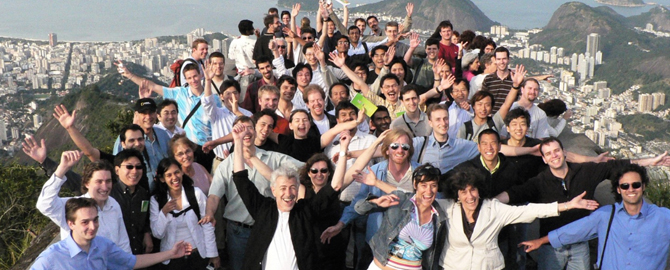Date and time:
Thursday May 27, 2:00pm (PDT) - 5:00pm (EDT) - 11:00pm (CET) - May 28, 6:00am (JST)
Live Stream: Zoom Webinar (https://zoom.us/j/99682233001)
Live questions and discussion: Slido (https://app.sli.do/event/ufqnqkuc)
Speaker: Tomas Lozano-Perez
Massachusetts Institute of Technology
Moderator: Kris Hauser
University of Illinois at Urbana-Champaign
Front Row Participants: Hanna Kurniawati, Jingjin Yu, Rachid Alami, Steve LaValle, Jan Peters
Title: Generalization in Planning and Learning for Robotic Manipulation
Video on Bilibili: https://www.bilibili.com/video/BV1Xv411V73D/
Video on YouTube: https://youtu.be/Hyp0fFtDBZI
Abstract:
An enduring goal of AI and robotics has been to build a robot capable of robustly performing a wide variety of tasks in a wide variety of environments; not by sequentially being programmed (or taught) to perform one task in one environment at a time, but rather by intelligently choosing appropriate actions for whatever task and environment it is facing. This goal remains a challenge. In this talk I’ll describe recent work in our lab aimed at the goal of general-purpose robot manipulation by integrating task-and-motion planning with various forms of model learning. In particular, I’ll describe approaches to manipulating objects without prior shape models, to acquiring composable sensorimotor skills, and to exploiting past experience for more efficient planning.
Tomas Lozano-Perez (Speaker Bio)
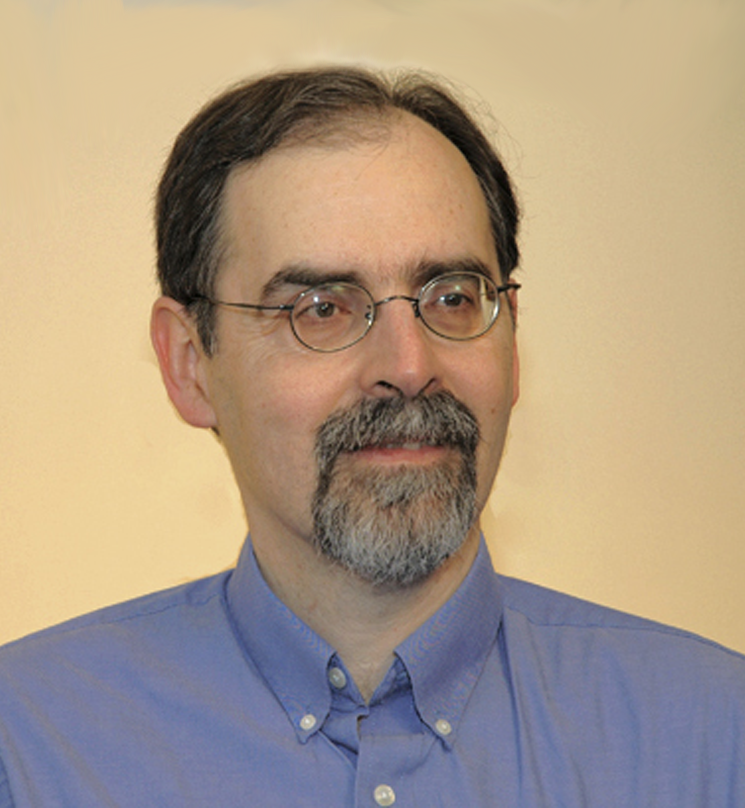
Tomas Lozano-Perez is the School of Engineering Professor in Teaching Excellence at the Massachusetts Institute of Technology (MIT), USA, where he is a member of the Computer Science and Artificial Intelligence Laboratory. He has been Associate Director of the Artificial Intelligence Laboratory and Associate Head for Computer Science of MIT Department of Electrical Engineering and Computer Science. He was a recipient of the 2011 IEEE Robotics Pioneer Award and a 1985 Presidential Young Investigator Award. He is a Fellow of the AAAI, a Fellow of the ACM, and a Fellow of the IEEE. His research has been in robotics (configuration-space approach to motion planning), computer vision (interpretation-tree approach to object recognition), machine learning (multiple-instance learning), medical imaging (computer-assisted surgery) and computational chemistry (drug activity prediction and protein structure determination from NMR & X-ray data). His current research is aimed at integrating task, motion and decision-theoretic planning for robotic manipulation.

